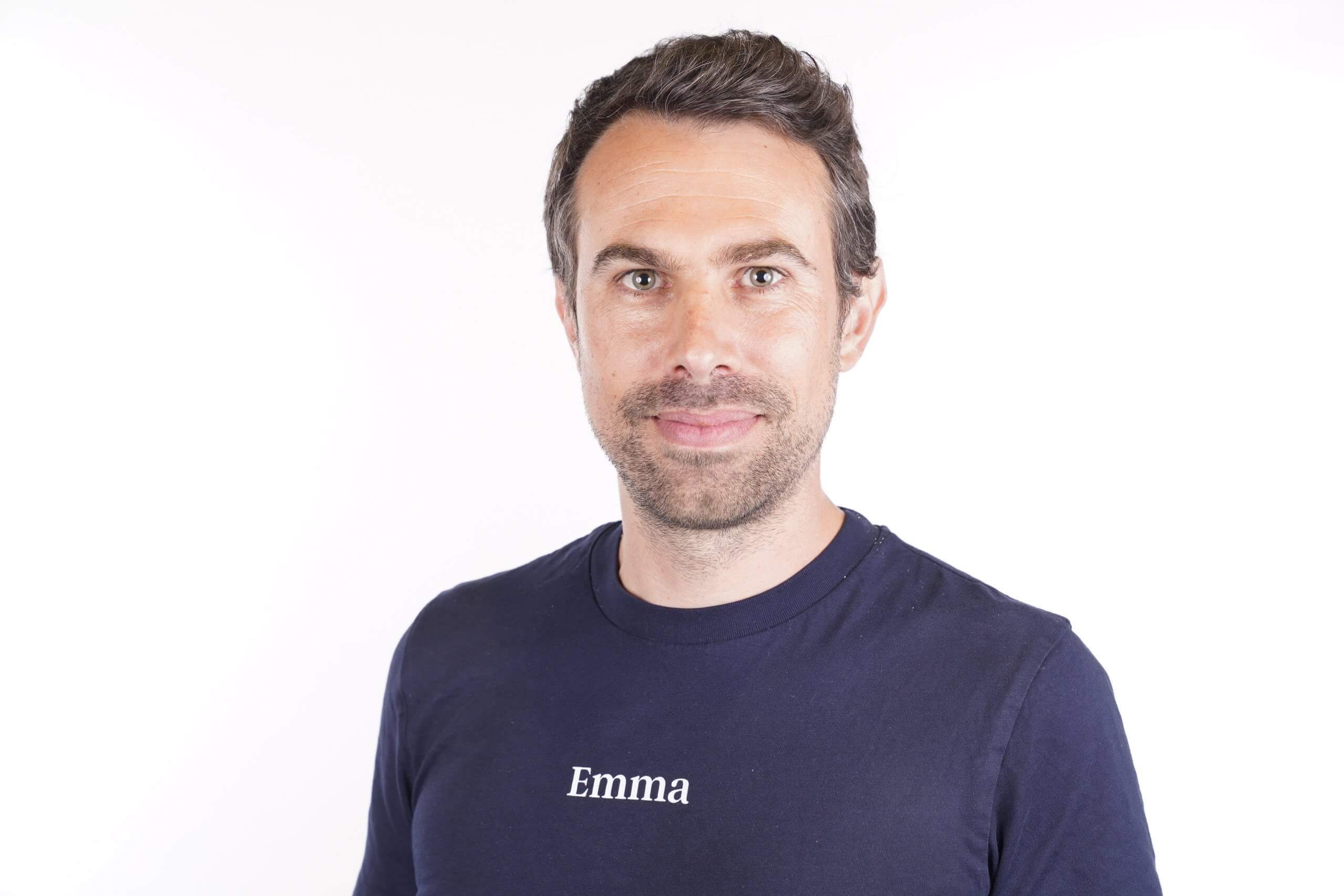In this section, we want to put a teacher in the spotlight by asking them a handful of questions posed by DPI.
Pieter Buteneers, CTO & Co-Founder @ Emma Legal and lecturer is happy to answer them.
Interview
Can you briefly explain your role within DPI and what type of training courses you provide?
I feature Module 4 in the AI for DPOs course, where we take a closer look at how data is used by AI models, what the pitfalls are, and how you can avoid them.
What do you consider to be the biggest challenge for professionals in your field today?
As CTO of Emma Legal, a platform that supports lawyers with AI to perform legal due diligence, we are constantly looking for ways to package the power of AI in the most user-friendly way for our users.
How do you try to combine theory and practice in your courses?
As CTO at Emma Legal and my previous startups, Chatlayer.ai and Transfo.energy, I have been dealing with AI models and their shortcomings on a daily basis for years. I therefore try to use the situations I have encountered in practice as examples in my lessons.
In addition, my lessons are highly interactive, and I encourage participants to come to class with their own questions or cases. This is an enjoyable challenge for me as a teacher and makes it all the more tangible for the participants.
What motivates you to share your knowledge with students?
AI is often treated as a very serious matter and is usually sold as a highly complex black box, even though what’s under the hood isn’t necessarily that complex. I enjoy dispelling that myth and giving even the least technical participants a feel for the technology, which goes much deeper than just applying a few standard rules.
What are common questions or themes that participants struggle with?
Of course, privacy is a frequent topic of discussion, which I, as a privacy enthusiast, find particularly compelling. Questions such as: what happens to my/the data, why is data necessary, how can I utilize AI in my organization without OpenAI or competitors gaining access to my trade secrets.
In addition, we often delve deeper into how AI models can be effectively applied to specific use cases.
Which developments or trends do you follow closely within your field?
As an AI geek, I am extremely interested in the latest models coming onto the market, whether open-source or not. They are often accompanied by scientific articles in which the creators of the models explain exactly how they arrived at this groundbreaking result.
I also closely follow how the major players are dealing with the implementation of the AI Act and how we, as users of these models, can remain compliant.
What do you think distinguishes a strong program from an average one?
A good training program brings together different teachers, each with a different perspective. And in my opinion, it requires teachers who:
- still active in the field on a daily basis;
- up to date with the latest technology;
- not afraid to tackle difficult topics;
- using controversy to make their audience think;
- not shy about explaining everything in simple language;
What key message do you want students to take away after completing a course with you?
I think these two points will definitely stick:
- If you want to train AI models yourself, you always need a lot of data, and worse still, ‘real’ data from ‘real’ users;
- Just because ChatGPT often hallucinates and spouts nonsense doesn’t mean you can’t make it work for your use case;
How do you stay up to date in a rapidly changing field?
There are a few YouTube channels that I follow closely, where the biggest releases are discussed, giving me a starting point to dig deeper (e.g., Yannic Kilcher). In addition, there is the EU AI Act Newsletter, which provides me with the latest news.

"AI is often portrayed as a highly complex black box, even though what’s under the hood isn’t necessarily that complicated. I enjoy breaking that myth and giving everyone a real feel for the technology".




